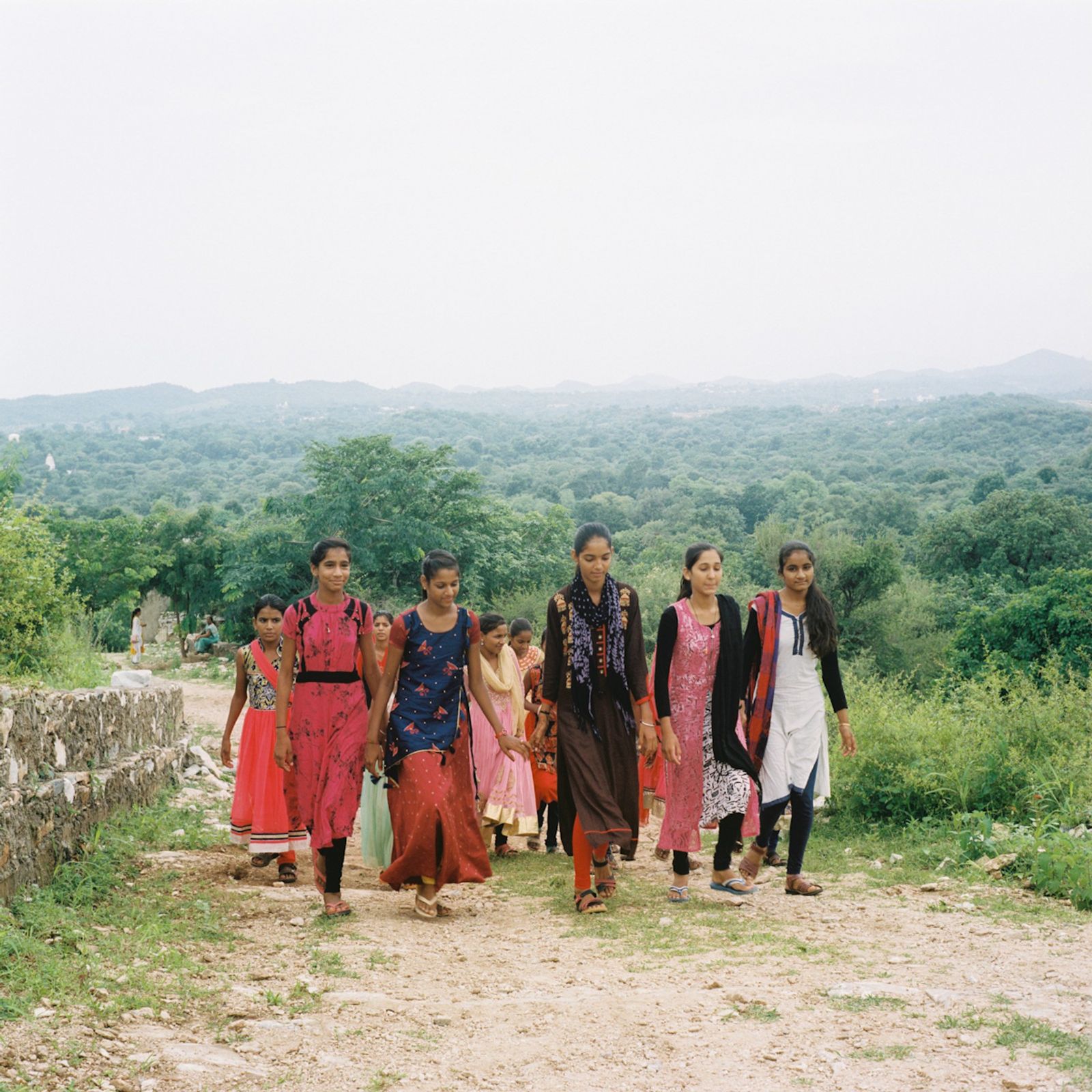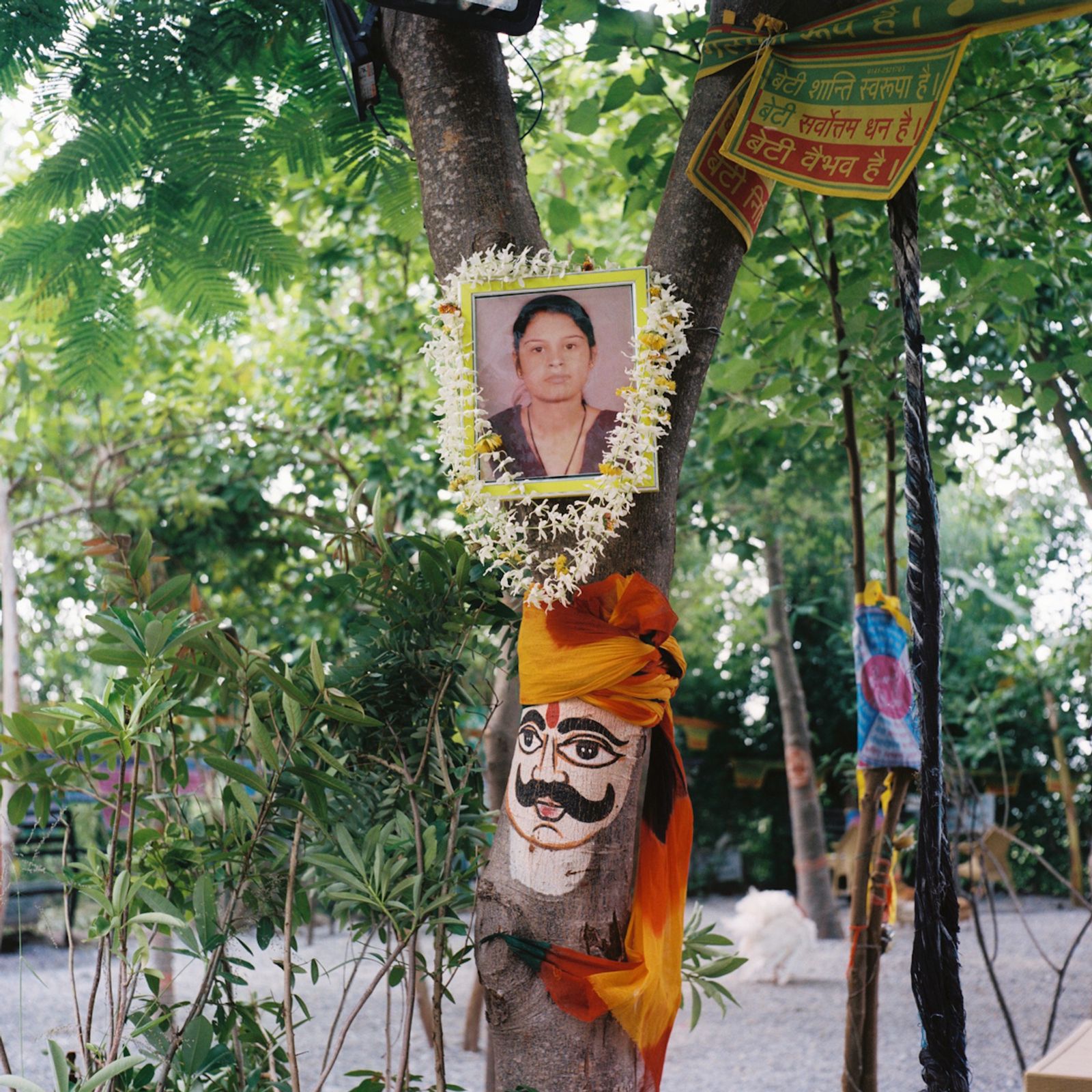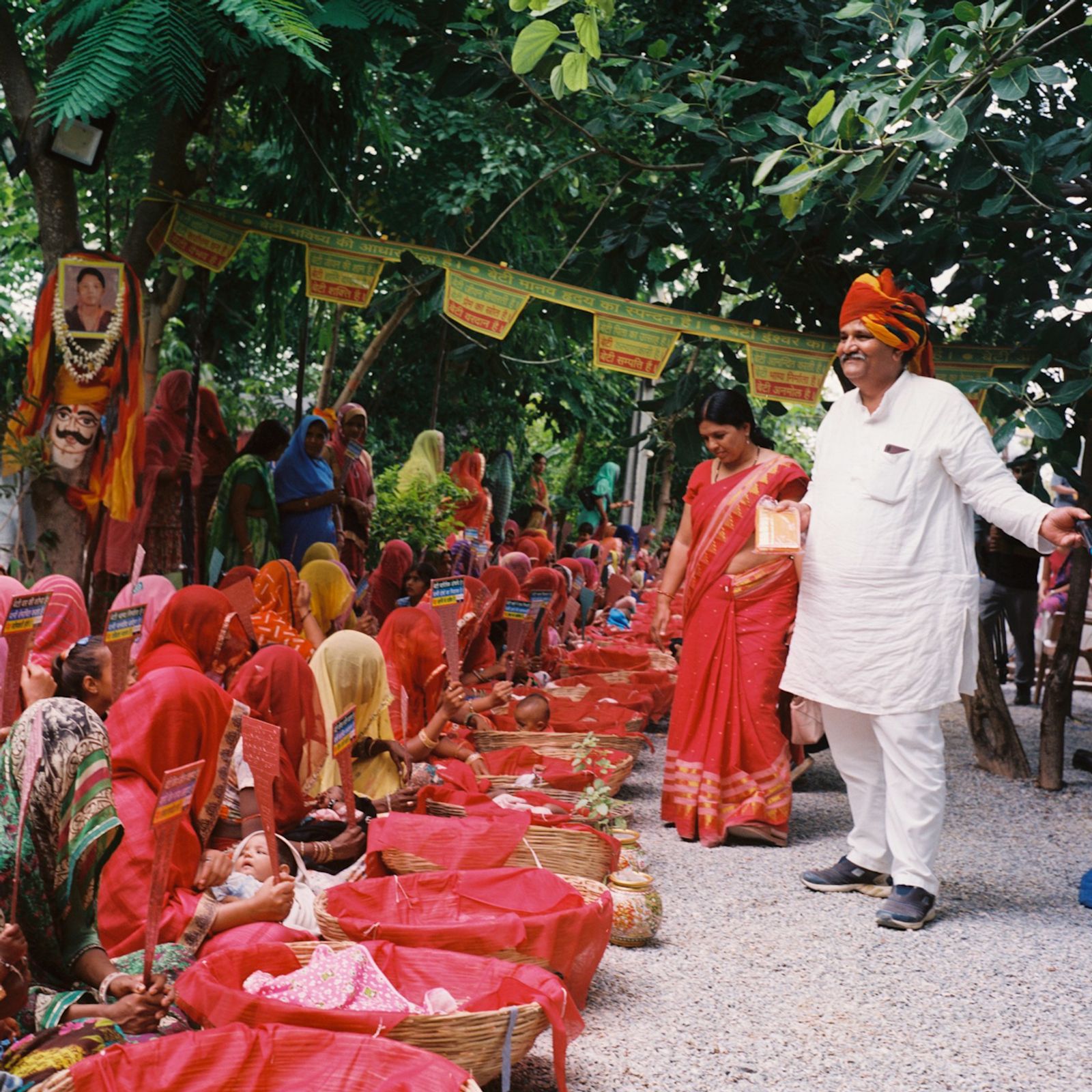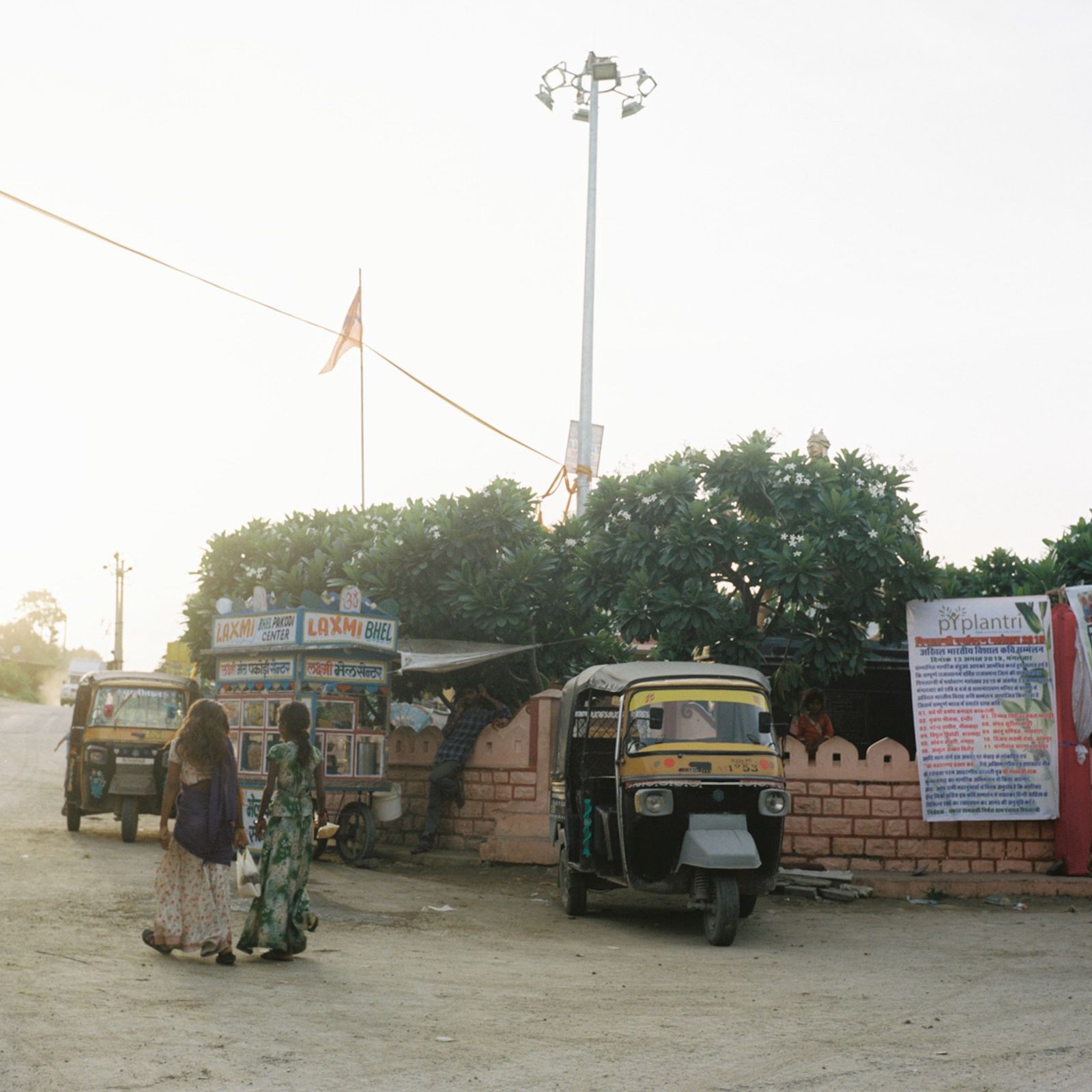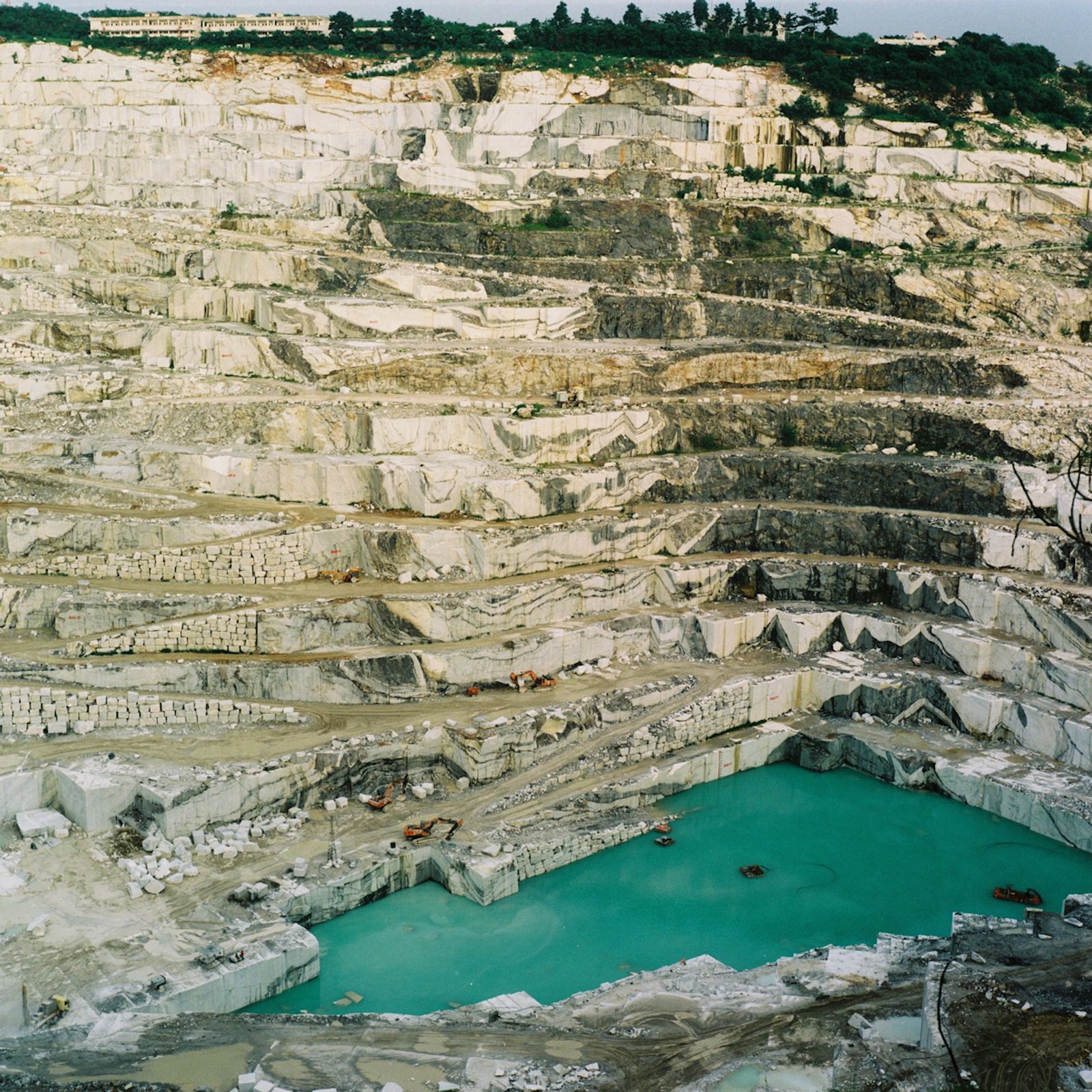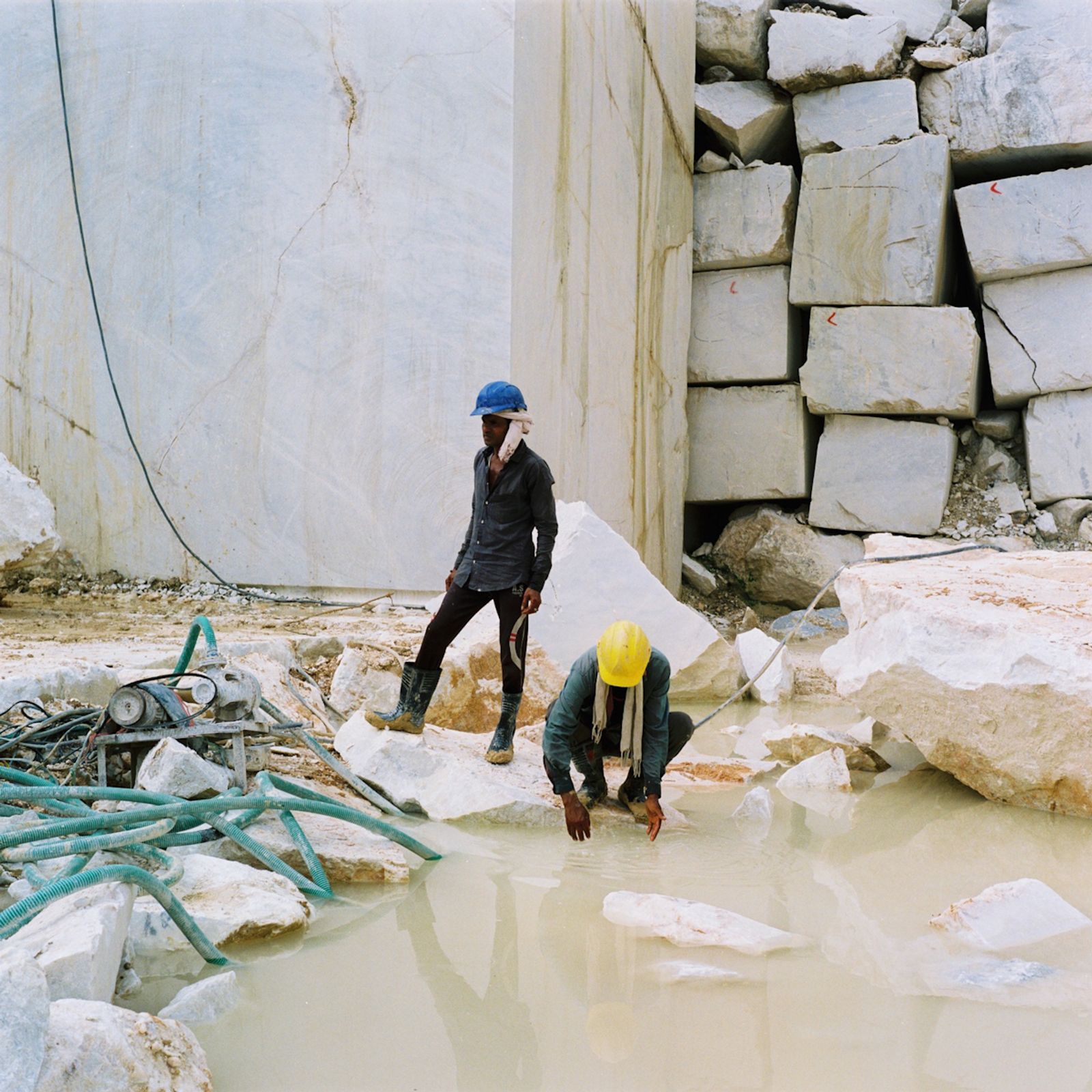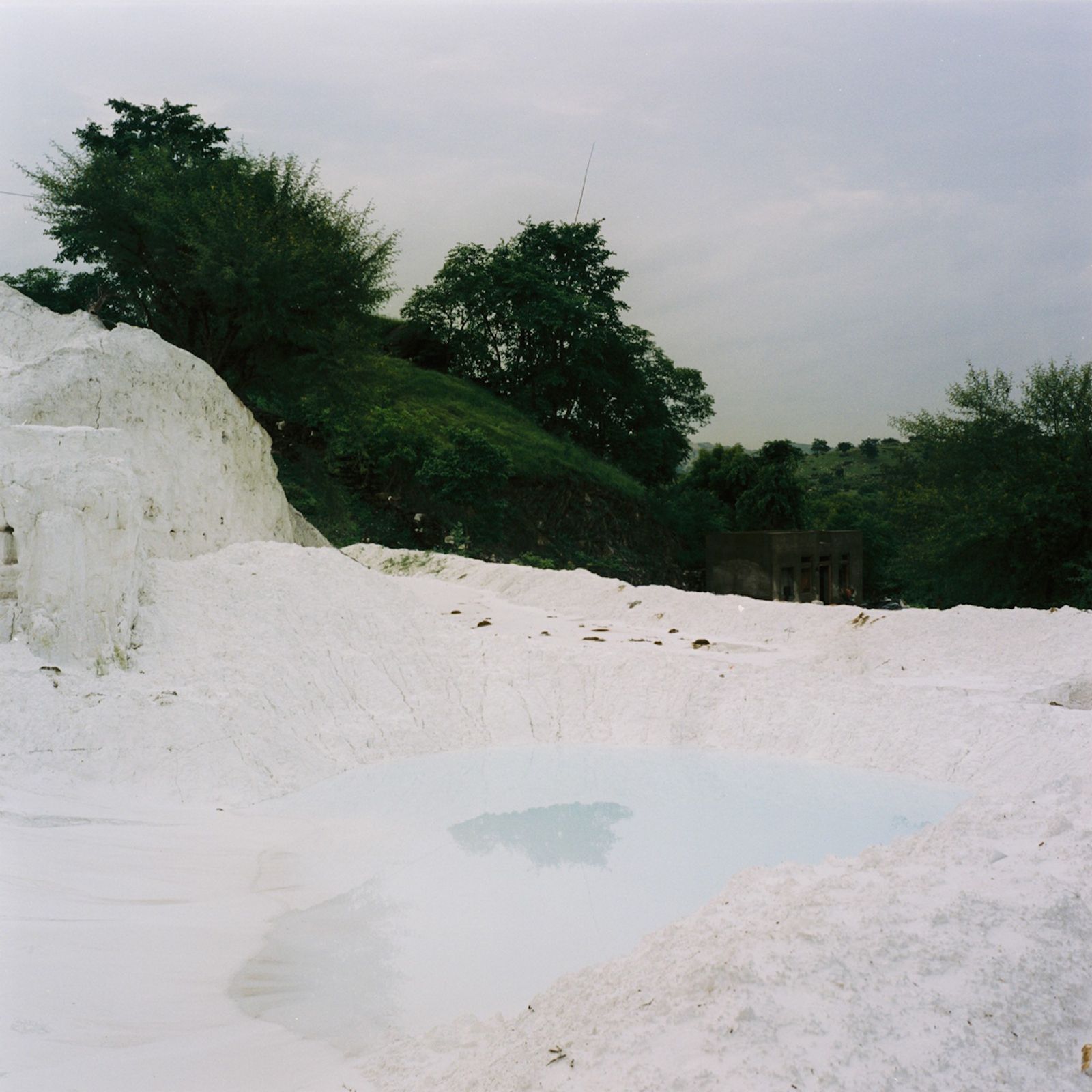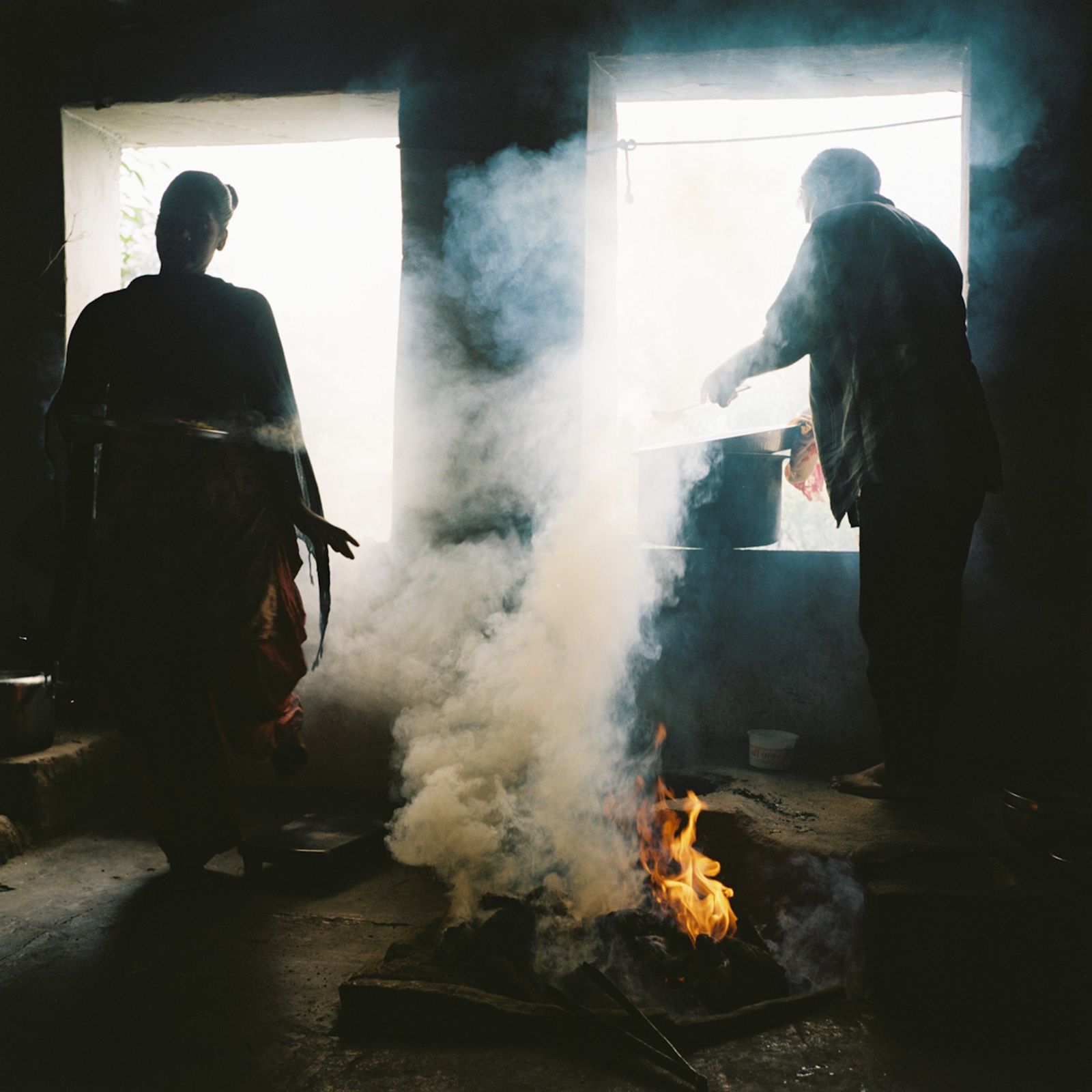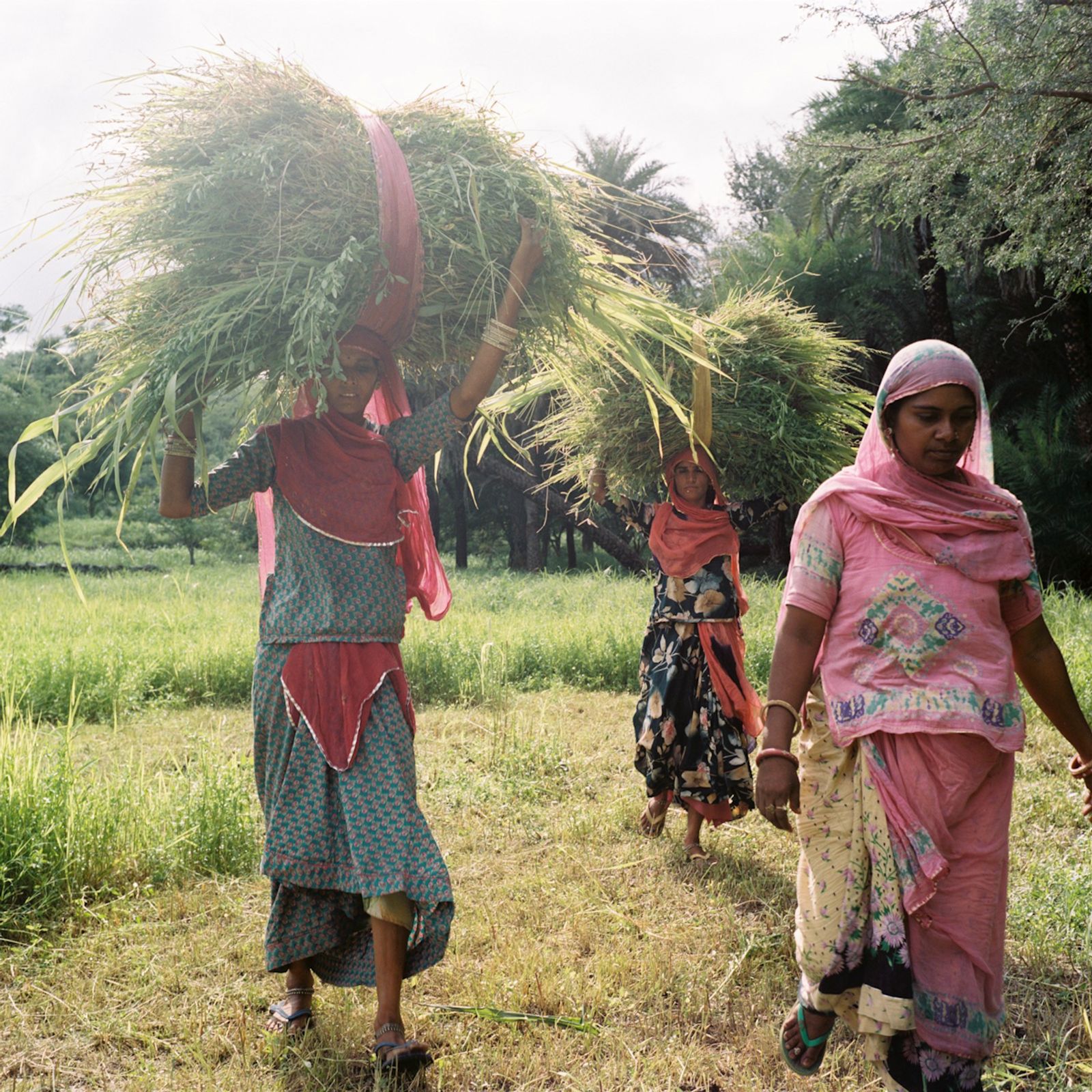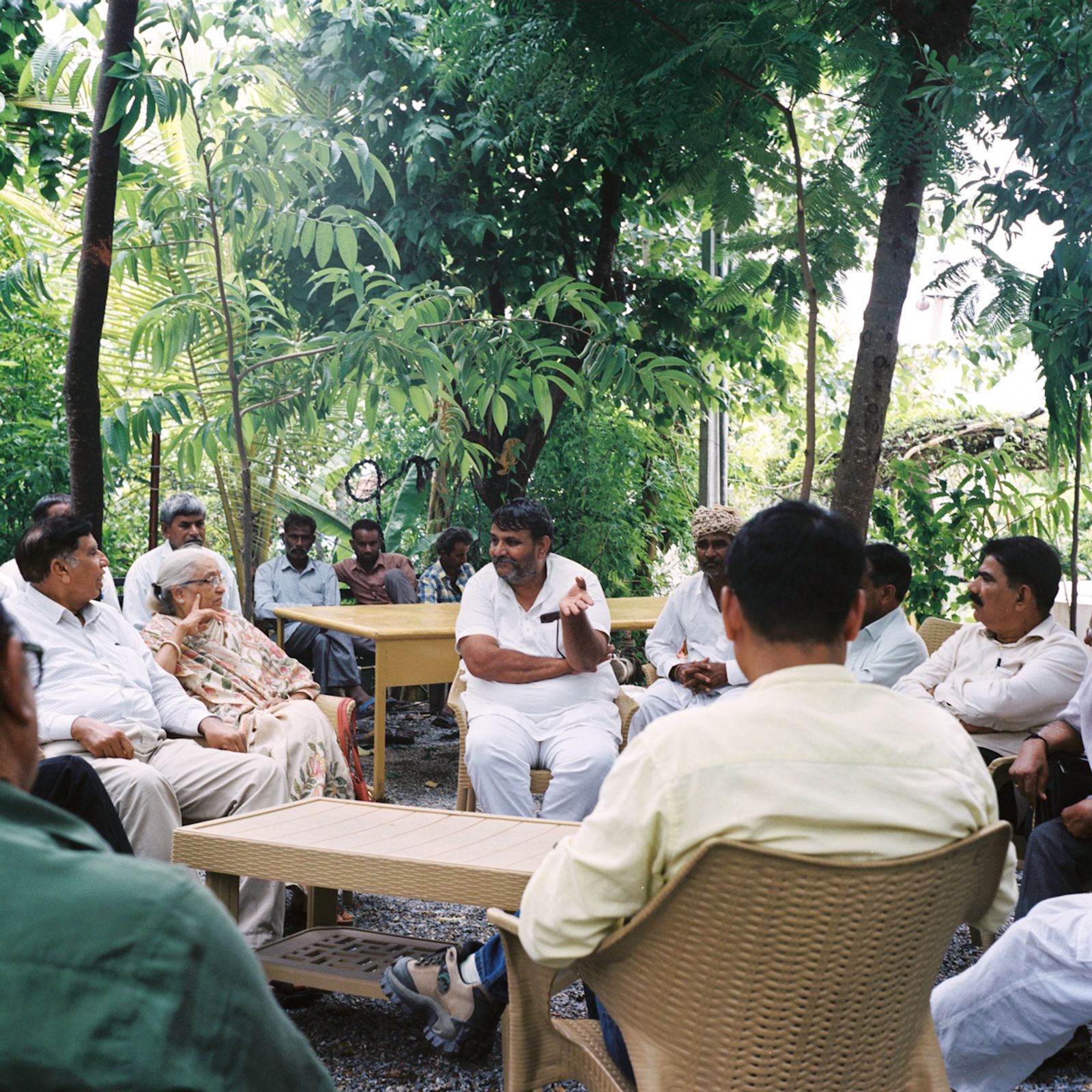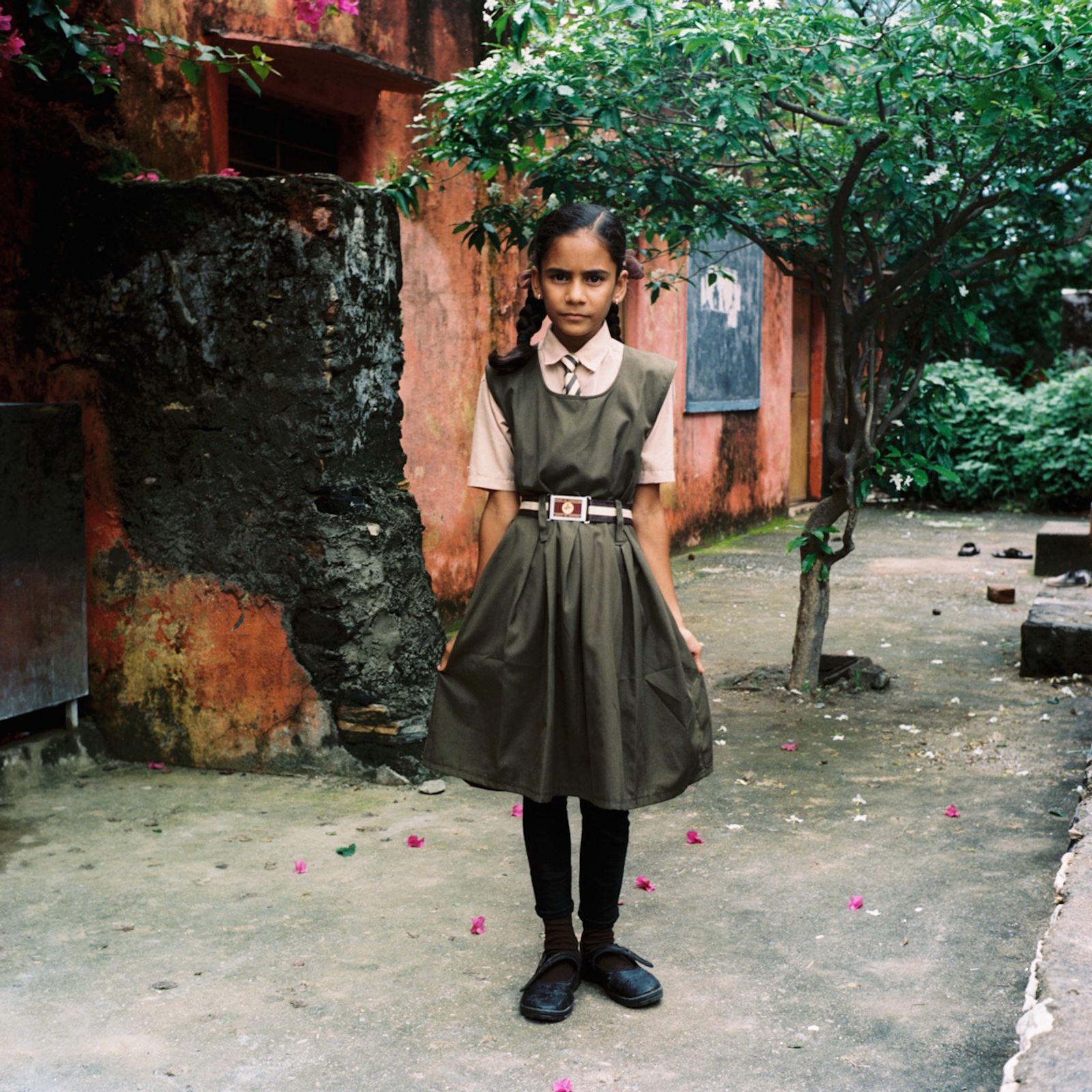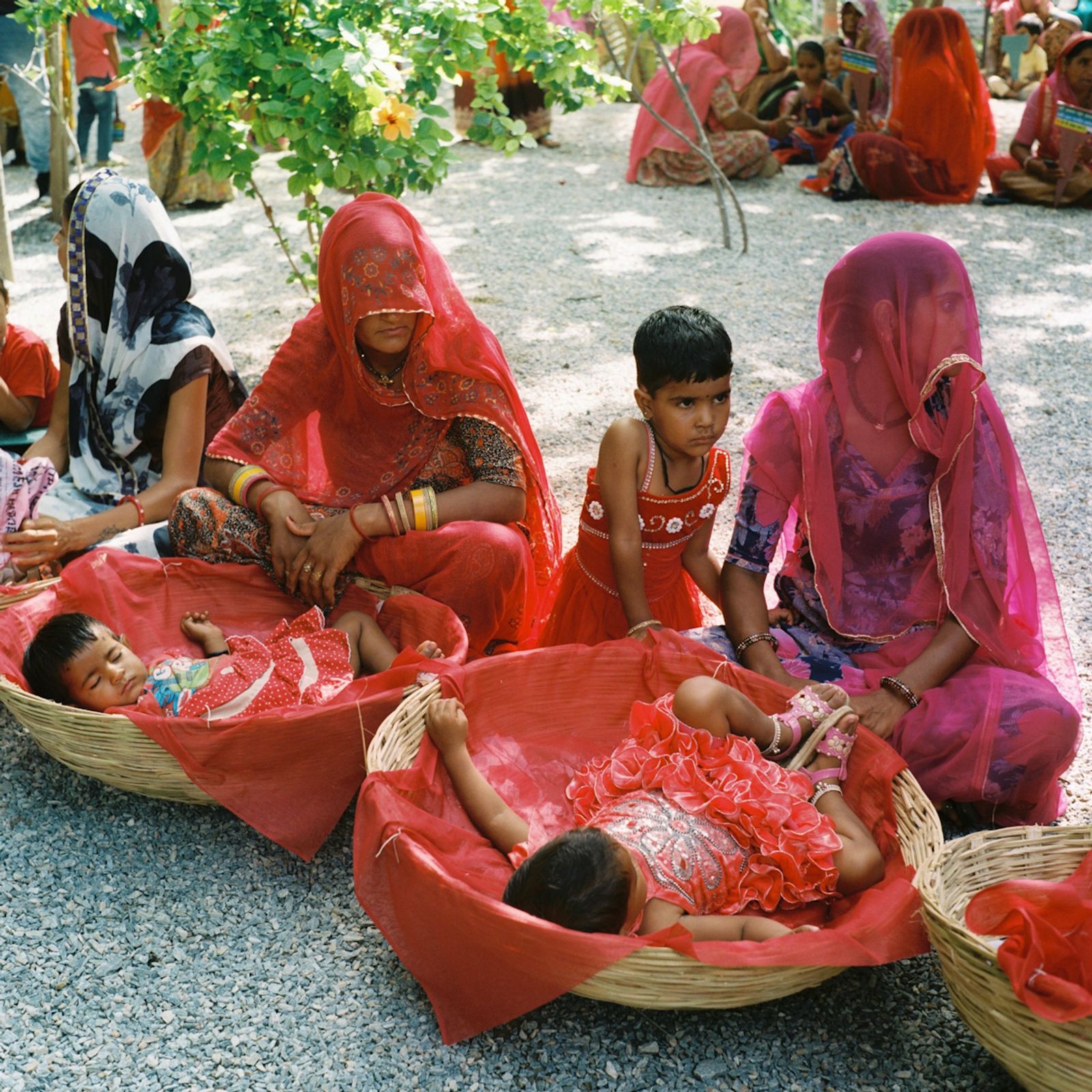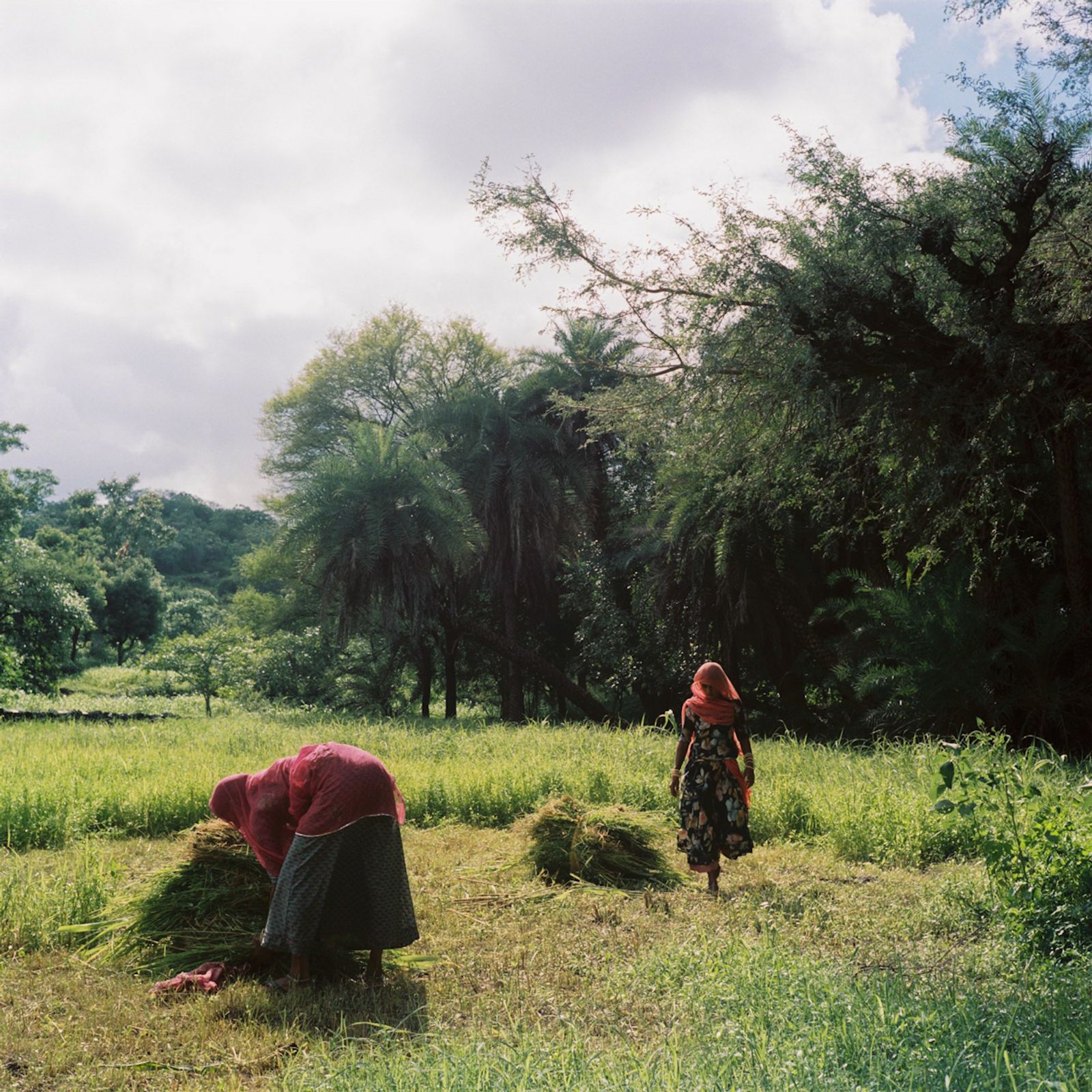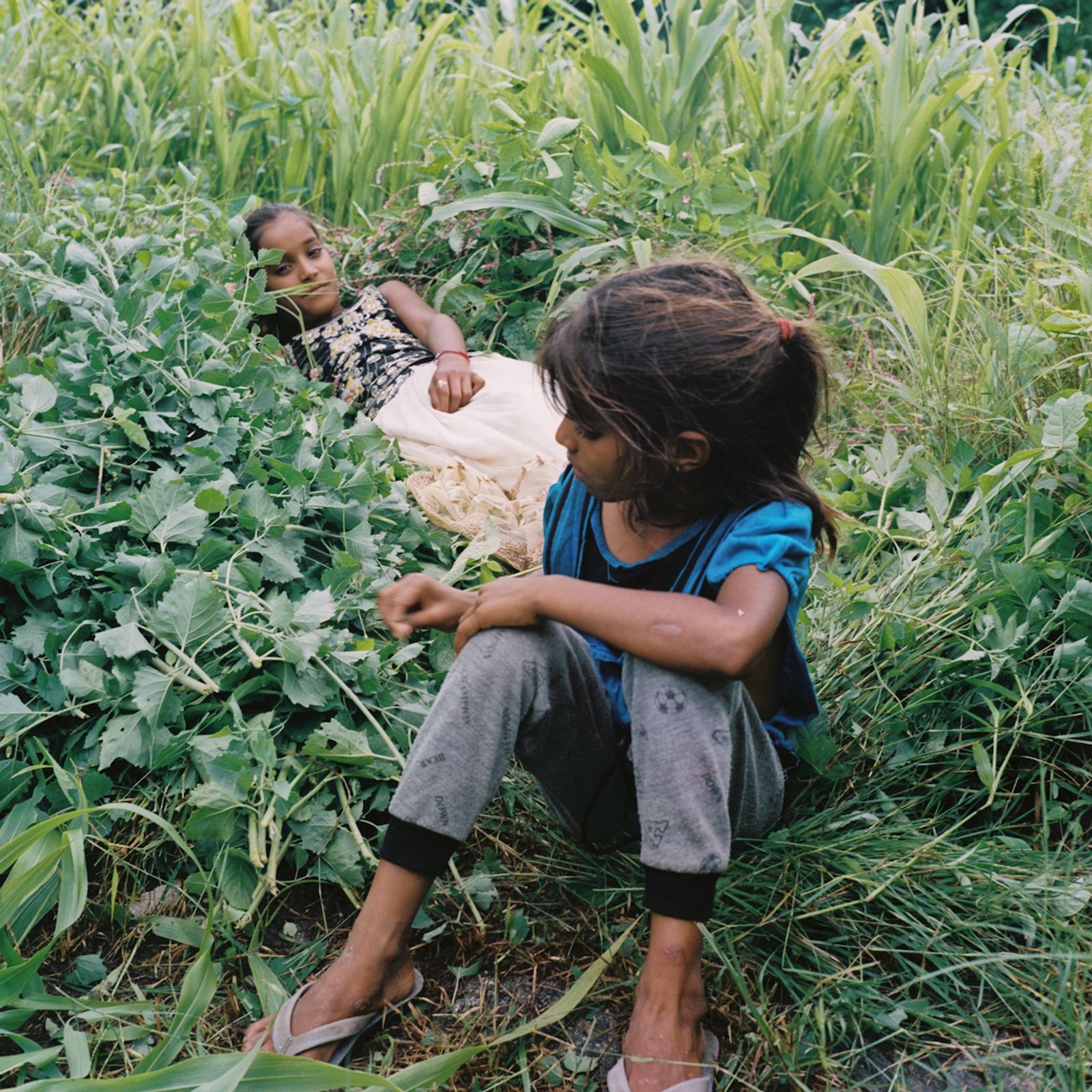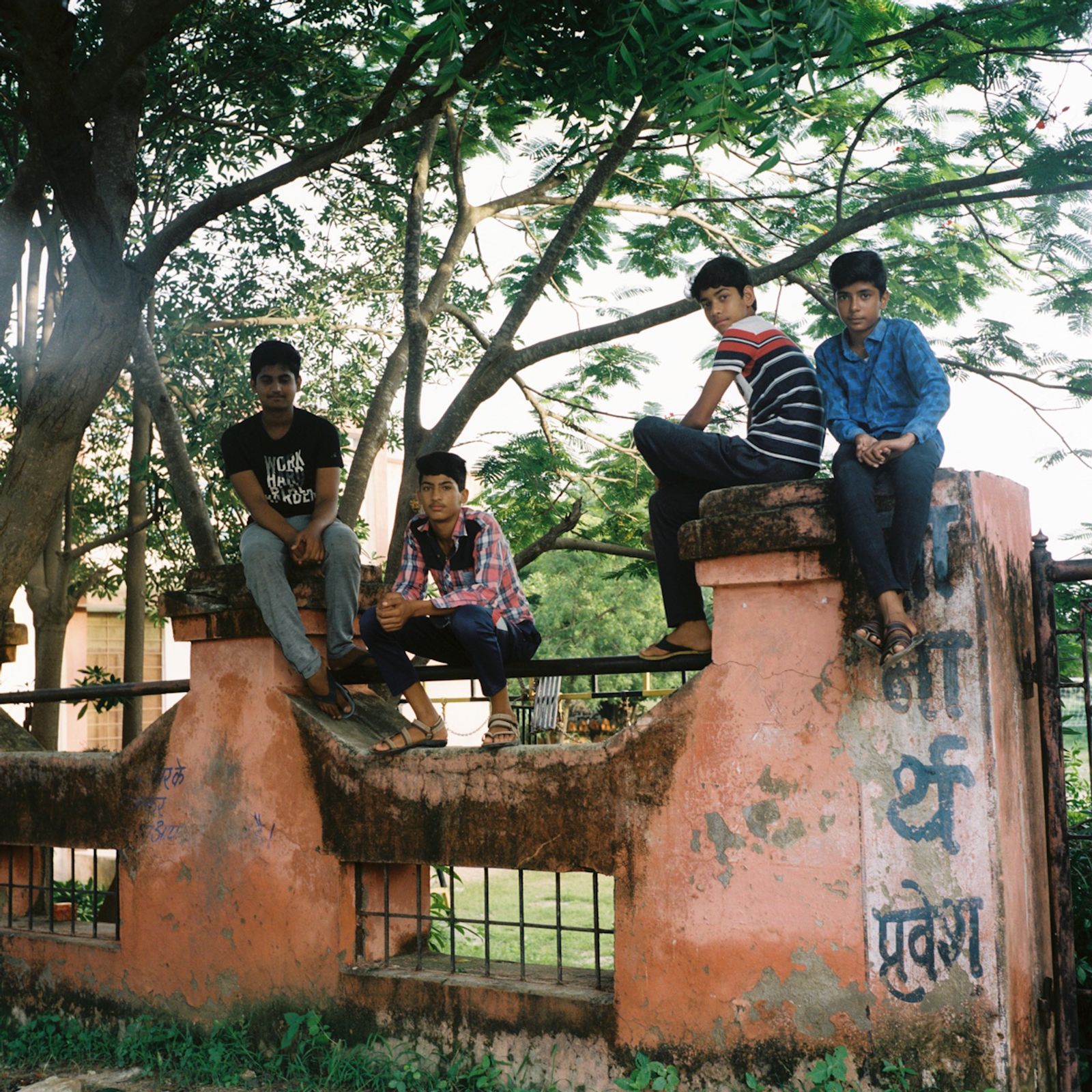Girls of Piplantri
-
Dates2019 - 2019
-
Author
In a village in the Northwest of India a hundred and eleven trees are planted for every girl being born since the death of one single girl in 2007.
In a village in the Northwest of India a hundred and eleven trees are planted for every girl being born since the death of one single girl in 2007.
The dry and rocky department of Rajasthan is known for its marble production. The large open-pit mines create employment, but have a negative environmental impact: using millions of litres of water a day and dumping huge amounts of debris. Together with longer periods of droughts this accumulated in high levels of water stress in the region.
However since the death of Kiran Paliwal twelve years ago things started to change in the village of Piplantri. Community members planted a tree in her remembrance at the edge of town; where after the new tradition of planting trees for baby girls was being born. In a yearly ceremony parents start planting the first trees for their daughter. The practise not only changed the arid landscape into a forest of fruit trees, it also transformed the perception of girls who were seen as a burden in a largely male oriented society.
Within twelve years time more than 400.000 trees have been planted, creating new forms of employment (also for women), and together with smart water management the trees helped restore groundwater levels.
In India the girls of Piplantri are an example for more gender equality and climate change adaptation.
